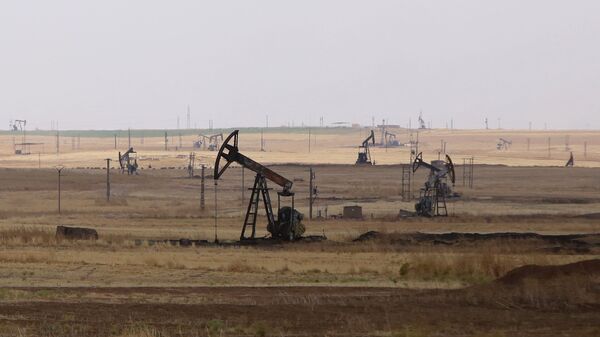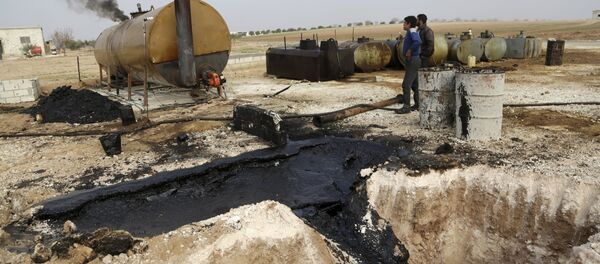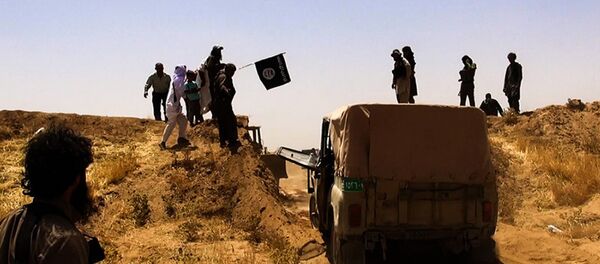"As you know, Daesh (Islamic State) enjoyed Turkish money for oil for a very, very long period of time. I hope that it will be ended," Ya'alon said during a meeting with his Greek counterpart Panos Kammenos in Athens.
Political analyst Özgür Şen spoke to Sputnik in an exclusive interview commenting on the statement by the Israeli Minister saying that this has seriously shaken the position of Turkey in the international arena.
According to the analyst, despite the fact that recently the Israeli-Turkish relations have seen some warming, “Tel Aviv wants to derive benefits from the difficult situation in which Turkey is currently in, as it has been literally pushed into a corner after the information on its cooperation with the jihadists came up,” Sen said.
The analyst noted that a significant portion of Daesh oil that goes through Turkey is supplied to the world markets by being mixed with the rest of the oil.
“For making this process happen the oil is sold by Iraqi Kurdistan, bypassing the central government of Iraq. There is evidence to prove it. The most interesting thing is that Israel meets 75% of its oil needs through purchases of Iraqi Kurdistan supply and Turkey is a transit point in the trade.”
Earlier in December, the Russian Defense Ministry presented evidence showing that the jihadists had been smuggling oil across the Syria-Turkey border in large volumes.
Turkish President Recep Tayyip Erdogan has repeatedly denied profiting from IS oil trafficking and vowed to resign if indisputable evidence emerged that confirmed his family's involvement in the Daesh oil business.
As Sen pointed out, “This list reflects the situation not only in the Middle East, but also in the whole world. The gloomy picture shows that first of all one thinks about their own benefit and hence, the problem of the Daesh oil trade is much more serious, complicated and multifaceted than it seems, or how it is told to us.”




